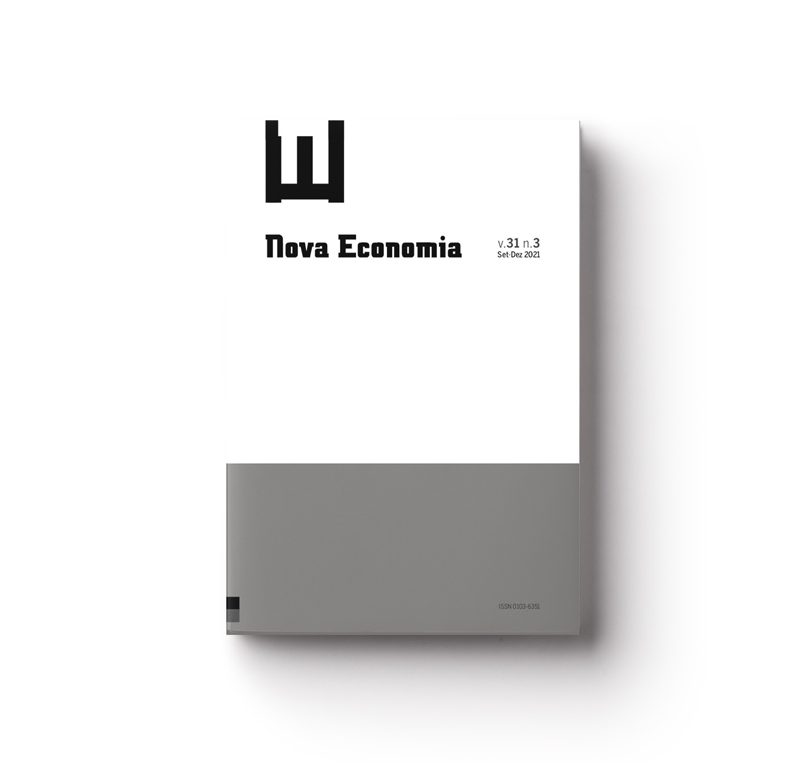Papel dos fluxos financeiros e da poupança externa no desenvolvimento econômico: três abordagens no debate brasileiro
Resumo
O recebimento de fluxos financeiros do exterior sempre foi elemento crucial na discussão do desenvolvimento econômico no Brasil. Ao longo da história, explicita-se a complexidade da forma de associação entre financiamento externo e desenvolvimento econômico nacional, entendido nas suas dimensões de crescimento econômico, mudança estrutural e sustentabilidade das contas externas. O presente artigo busca, primeiramente, apresentar e sistematizar essas relações segundo as principais teorias presentes no debate brasileiro: a liberal convencional e a “novo-desenvolvimentista”. Em ambas as visões, o conceito de “poupança externa” adquire protagonismo, ainda que com efeitos diametralmente opostos. Em segundo lugar, a partir de contribuições de outros autores, busca-se apresentar e articular os elementos constitutivos de um enfoque alternativo, denominado “abordagem da escassez de divisas”. Pretende-se com isso delinear contornos de uma linha de pesquisa convergente com os desenvolvimentos empíricos mais recentes sobre o tema e contribuir para o avanço do pensamento econômico crítico brasileiro.
Palavras-chave: fluxos financeiros, financiamento externo, poupança externa, crescimento, desenvolvimento.
Códigos JEL: F30, F41, 010, F43
Downloads
Publicado
Como Citar
Edição
Seção
Licença
Copyright (c) 2021 Rodrigo Vergnhanini, André Biancarelli

Este trabalho está licenciado sob uma licença Creative Commons Attribution 4.0 International License.
Autore[a]s que publicam nesta revista concordam com os seguintes termos:
- Autore[a]s mantém os direitos autorais e concedem à revista o direito de primeira publicação, com o trabalho simultaneamente licenciado sob a Licença Creative Commons Atribuição 4.0 Internacional que permite o compartilhamento do trabalho com reconhecimento da autoria e publicação inicial nesta revista.
- Autore[a]s têm autorização para assumir contratos adicionais separadamente, para distribuição não-exclusiva da versão do trabalho publicada nesta revista (ex.: publicar em repositório institucional ou como capítulo de livro), com reconhecimento de autoria e publicação inicial nesta revista.
- Autores têm permissão e são estimulados a publicar e distribuir seu trabalho online (ex.: em repositórios institucionais ou na sua página pessoal) a qualquer ponto antes ou durante o processo editorial, já que isso pode gerar alterações produtivas, bem como aumentar o impacto e a citação do trabalho publicado (Veja O Efeito do Acesso Livre).




